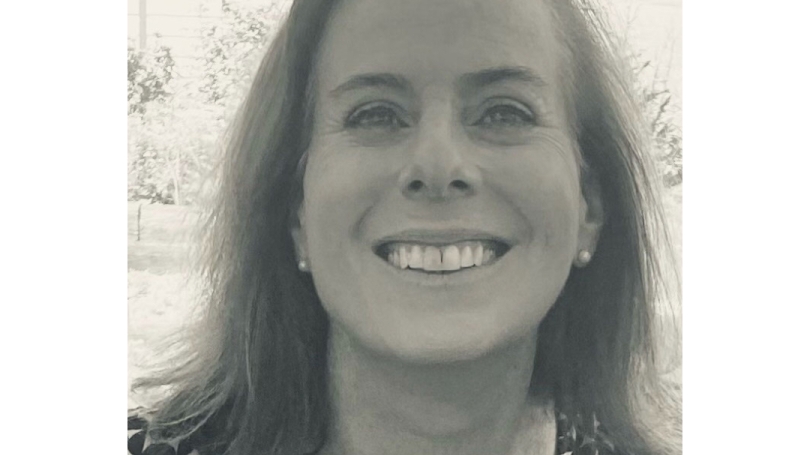
- Apply
- Academics
- News & Events
- About
Back to Top Nav
Back to Top Nav
Back to Top Nav
Back to Top Nav
Current MALS Student Andree Sole represents MALS at the 2022 AGLSP Conference in San Antonio, Texas, winning two grants for her research shortly thereafter
Representing the MALS Program at this year's Association of Graduate Liberal Studies Programs (AGLSP) conference, Current MALS Student Andree Solé presented her paper, titled, "FairyTale Endings: Rewrite your Story to deal with Trauma" in San Antonio, Texas.
Each year, the AGLSP conference brings together students and academics from graduate programs across the country to share their ideas and discuss the latest issues in Graduate Liberal Studies. Each conference explores a specific subject or theme, featuring paper presentations, panel discussions, as well as invited speakers with scholarly and real-world expertise on that subject. This year's theme is "BiblioTECHa - Reading the Past, Performing the Present, Writing the Future."
An MBA Graduate from the University of Melbourne, Australia and a Dartmouth Global Health Fellow, Solé explored the healing effects of writing—and more specifically, writing folktales—as a way to process trauma or grief.
Drawing from her experience as a Speech and Language Pathologist at the University of Queensland, Australia, she utilizes fMRI and physiological information relating to mental health and trauma to inform her research. Synthesizing Dr. Bessel Van der Kolk's "The Body Keeps The Score" (2014) with Vladimir Propp's Actantial Model, Solé suggests that their work opens a new direction for widening the usage of folk tales in our society. To this point she writes,
"Trauma has haunted people across the ages – abuse, poverty, betrayal, violence – and folk tales have dealt with these themes using structured narratives and roles… Sometimes the meanings that trauma survivors ascribe to their story causes them shame and ongoing pain that precludes verbal psychotherapy. Dr Van der Kolk emphasizes the need for being able to approach one's trauma, and also access to imagine a different future for one's story."
To inform her research, Solé explores the dis/similarity of emotions across cultures and eras, including cross cultural work on liminal spaces (Turner, Von Gennep). She highlights the merits of first-person writing therapy (Pennebaker), which has demonstrated measurable physical and psychological impacts in clinical studies. Solé also considers narrative identity (McAdams, Adler), self-distancing theory (Kross), and self-determination theory (Deci and Ryan) in her research, concluding from all three that, "it is apparent that a third person, fictional approach to trauma would be a helpful addition to the field."
Furthermore, Solé asserts that Propp's narratemes and dramatis personae provide manageable structures to provide an "entry point for novice writers." She concludes that the human need for creating order from chaos, for being able to create our own narrative, is powerful:
"We can change our role from victim to The Hero. We can reframe an abuser as The Villain and ensure that we get justice. Writing therapy can change the score in our body and our mind."
Shortly after her presentation in San Antonio, Solé won the $1000 Social Entrepreneurship Grant from the Magnuson Center and a $1000 grant from Amazon Web Services.
Congratulations to Andree for all her hard work!